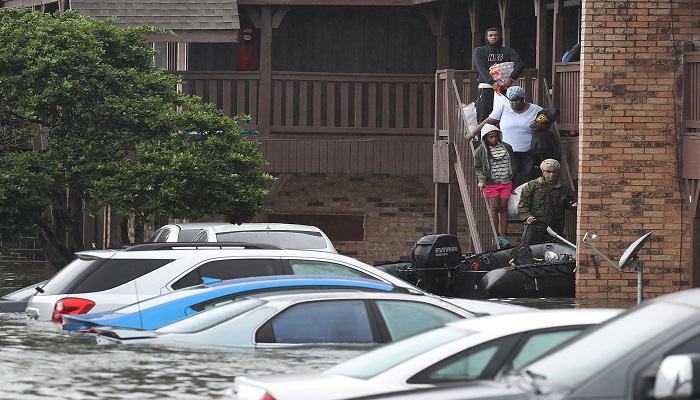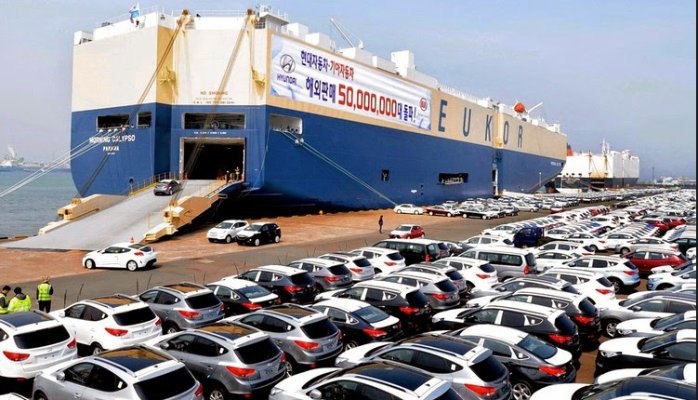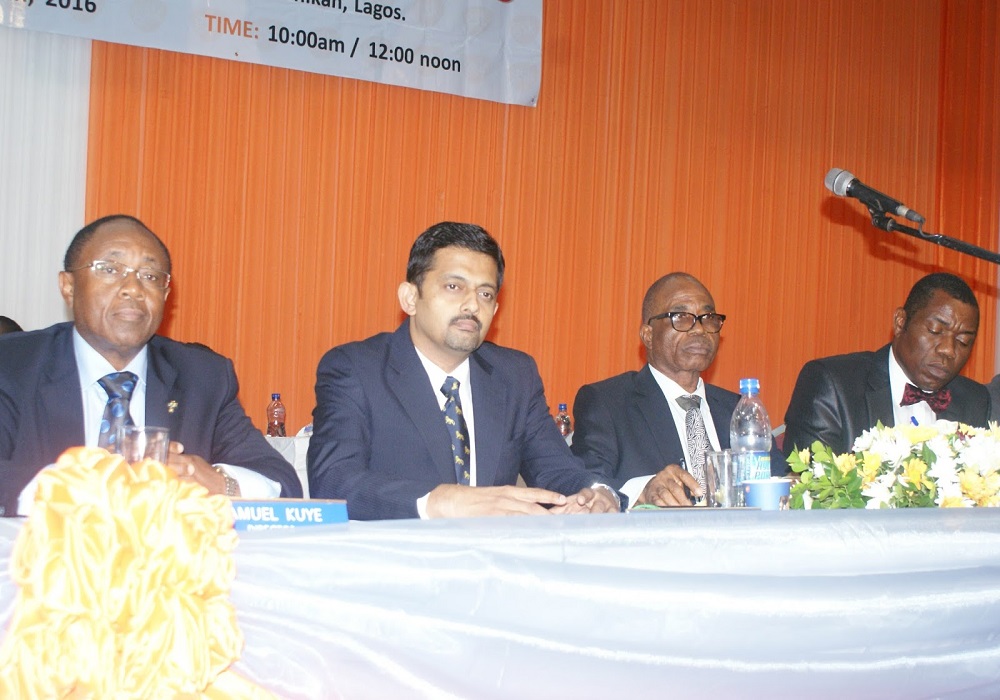The United States state of Texas has in the past one week faced one of its worst floods in about 50 years, after Hurricane Harvey made landfall. The devastation is expected to cost between $70 billion to $100 billion according to a New York Times article.
Included in these costs are major infrastructure items such as bridges, roads, sewage, telecommunication and electrical lines, roads, rail etc. For residents of the affected cities, losses will include loss of business due to down times, property, equipment and household appliances, inventory, cars.
As it’s the case with such natural disasters, insurance companies typically are expected to bear a significant brunch of the aftermath as compensation for damages rise. Billions will be paid out in insurance claims to victims of the flood who are fully insured and have filed for claims. In the same vein, insurance companies in the US, who have taken possession of assets designated mostly as scrap will need to figure out how to get the best of whatever is left of the value of these assets.
Top on the items of assets to dispose of will be motor vehicles that have been submerged for days under devastating floods. As was the case with Hurricane Katrina and Sandy, the route to market for these cars will be via the salvage auction.
Made for Nigeria
Millions of cars are sold yearly at the salvage auctions in the United States most of which find their way to African countries such as Nigeria only to be resold to Nigerians looking to buy Tokunbo cars with low mileage. Nigeria is said to be among the top destination for salvage cars from the US and also ranks as one of the top export destinations for used cars in the US. In fact, another data put the value of recent used vehicle export to Nigeria at about $99 million.
Just last week, information reaching Nairametrics suggest some Nigerians are already gearing up to purchase thousands of cars that will be sent to the salvage auctions by the insurance companies. According to one account, the cars could be bought as cheap as $1000 in these auctions and will be purchased and shipped to Nigeria for repairs and resale. Some of the cars which have perhaps been damaged beyond repair are often dismantled and their parts removed and resold as second-hand items.
Hard to repair
Whilst some of these cars are expected to be cheap and within the reach of millions of working class Nigerians, experts believe cars salvaged from natural disasters such as floods are hardly ever okay. They opine that the damage done to the electrical parts of the cars are irreparable and will cost eventual owners hundreds of thousand of naira in incessant repairs till they are sold off to another innocent onlooker. Also rust to other parts of the vehicles will also lead to incessant repairs reducing the value faster than any other reason.
How to avoid such cars
In the aftermath of Hurricane Katrina, the United States in 2009 introduced the National Motor Vehicle Title Information System, a database of the status of cars populated insurance companies and states. The website is freely accessed and can be used to verify the historical status of vehicles, especially those that may have been ravaged by floods. Nigerians can access this website to check the status of cars bought second-hand, especially those bought later this year and early next year.
















This is a very valuable information. Thank you